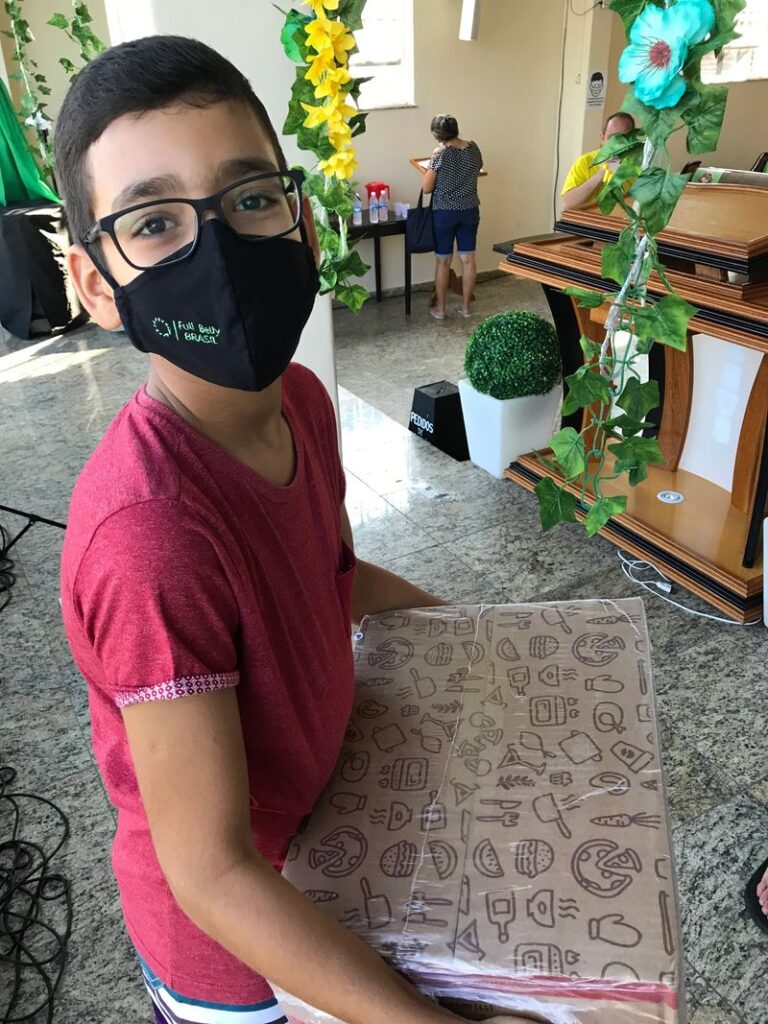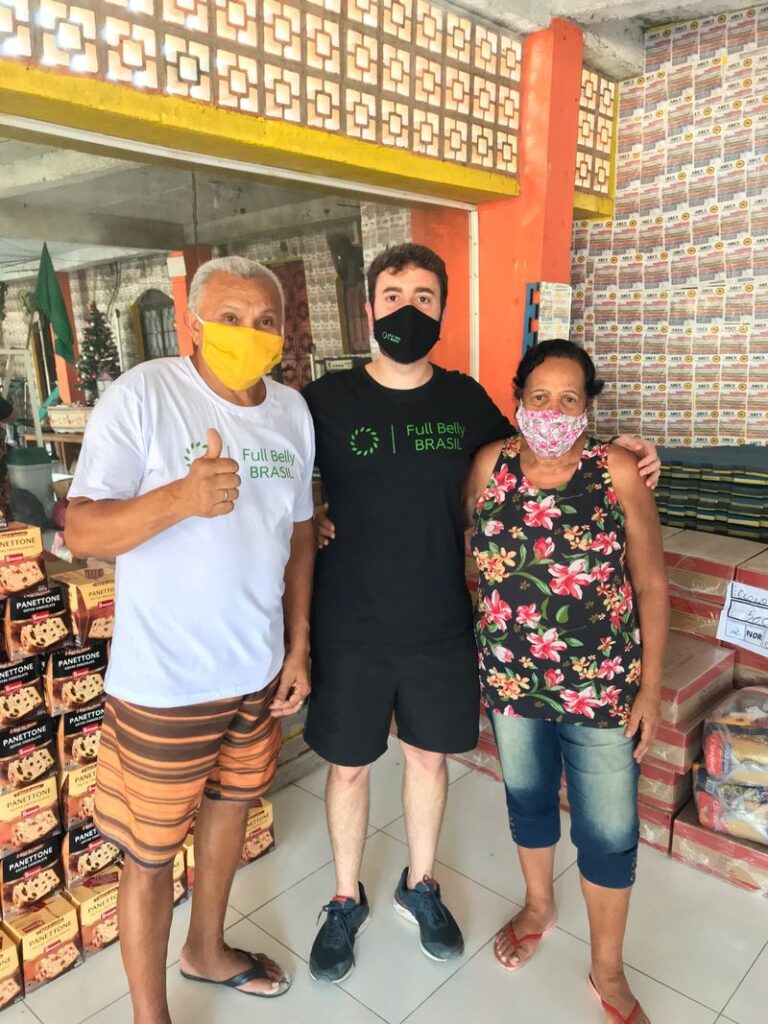Food Recovery Projects

Hunger In Brazil
Before Covid-19, hunger was at a 15 year high in Brazil. With over 9 million lost jobs and unemployment over 14% since the Covid-19 pandemic, the growing hunger rate has only accelerated. Currently, over 60% of the population lives in food insecurity, and over 19 million people are going hungry. Many of these people are children.
Food Waste and Climate Change
Food waste produces high quantities of methane, a greenhouse gas 84 times more potent than carbon dioxide when measured on a 20-year scale. If food waste were a country, it would be the third highest greenhouse gas emitter following China and the United States.
Renovating Brazil’s Food Distribution System
Food waste is untapped potential. We partner with food distributors, and they donate soon to expire food to us that they can no longer sell. We then provide this recovered food to families in need. Historically, this food has always been thrown away. By making the food distribution system more efficient and less wasteful, we are not only feeding the hungry, but we are also decreasing food waste and combating climate change.
Breaking the Cycle
In addition to providing recovered food to families in need, we also provide monthly food baskets to the families we support. Our goal is not only to decrease hunger but also to help students stay in school. By providing families with food, students can afford to stay in school. Brazil has 233 free universities. If the children of the families we support can finish highschool and go to college, they can break the cycle of hunger and poverty.

